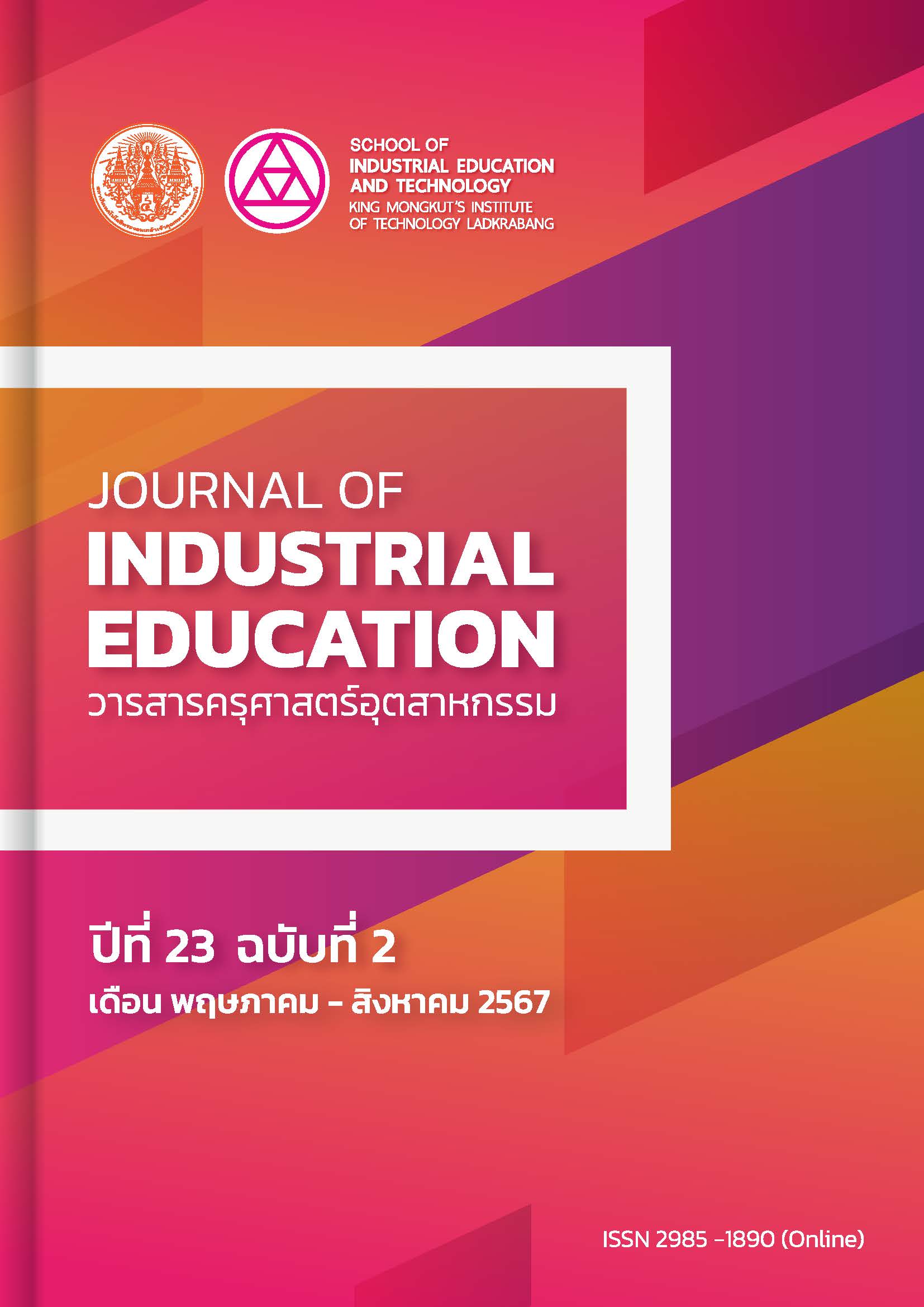DEVELOPMENT OF THAI HIGHER EDUCATION INSTITUTIONS TOWARDS THE SUSTAINABLE DEVELOPMENT GOALS (SDGS)
DOI:
https://doi.org/10.55003/JIE.23201Abstract
At the 70th Session of the United Nations General Assembly, held on September 25, 2015, at the United Nations Headquarters, Thailand, along with 193 United Nation (UN) member states, signed and adopted the 2030 Agenda for Sustainable Development. This global development framework aims to achieve sustainable social, economic, and environmental development by 2030, ensuring that no one is left behind. The Sustainable Development Goals (SDGs), which serve as a guide for all countries to work together, consist of 17 main goals and 169 SDG targets that are universal, interconnected, and mutually reinforcing. And, there are also 247 indicators designed to monitor and evaluate the progress of development. The SDGs can be grouped according to five interconnected dimensions, known as the 5Ps: People: Focus on developing and eradicating poverty and hunger and reducing inequality within society. Planet: Emphasize the protection and preservation of natural resources and climate for future generations. Prosperity: Promote well-being and a harmonious coexistence with nature. Peace: Uphold principles of peaceful coexistence, a peaceful society, and non-discrimination. Partnership: Foster collaboration among all sectors to drive the sustainable development agenda forward.
References
Daoudom, P. (2019). Teaching materials for the course 722: Application of social theory for educational research. n.p. (in Thai)
Pholnsri, S. (2004). Theory and principles of community development (5th ed.). Odeon Store. (in Thai)
Payutto, P. A. (1987). The middle path of Thai education (2nd ed.). Faculty of Education, Kasetsart University. (in Thai)
Priyakorn, P. (1995). Theories and concepts of development in development management. Samchareon Phanich. (in Thai)
Rockström, J., Steffen, W., Noone, K., Persson, A., Chapin, F. S., III, Lambin, E., Lenton, T. M., Scheffer, M., Folke, C., Schellnhuber, H. J., Nykvist, B., de Wit, C. A., Hughes, T., van der Leeuw, S., Rodhe, H., Sörlin, S., Snyder, P. K., Costanza, R., Svedin, U., ..., Foley, J. (2009). Planetary boundaries: Exploring the safe operating space for humanity. Ecology and Society, 14(2), 1-33.
Royal Institute. (1995). Dictionary, Royal Institute B.D. 2525 (5th ed.). Aksorncharoenthat. (in Thai)
Thampiya, P., & Kerdchokchai, P. (Eds.). (2019). Continuing into practice. For the sustainable development of Thailand. S.Phichit Printing. (in Thai)
Timer Higher Education. (2021). Guide for importing data for the Impact Rankings. Suratthani Rajabhat University. (in Thai)
United Nation. (1983). Report of the world commission on environment and development: Our common future. http://mom.gov.af/Content/files/Bruntland_Report.pdf. Wutthimethi, Y. (1991). Community development: from theory to practice. Bang Kok Block. (in Thai)
Downloads
Published
How to Cite
Issue
Section
License
Copyright (c) 2024 Journal of Industrial Education

This work is licensed under a Creative Commons Attribution-NonCommercial-NoDerivatives 4.0 International License.
"The opinions and contents including the words in papers are responsibility by the authors."
"ข้อคิดเห็น เนื้อหา รวมทั้งการใช้ภาษาในบทความถือเป็นความรับผิดชอบของผู้เขียน"



